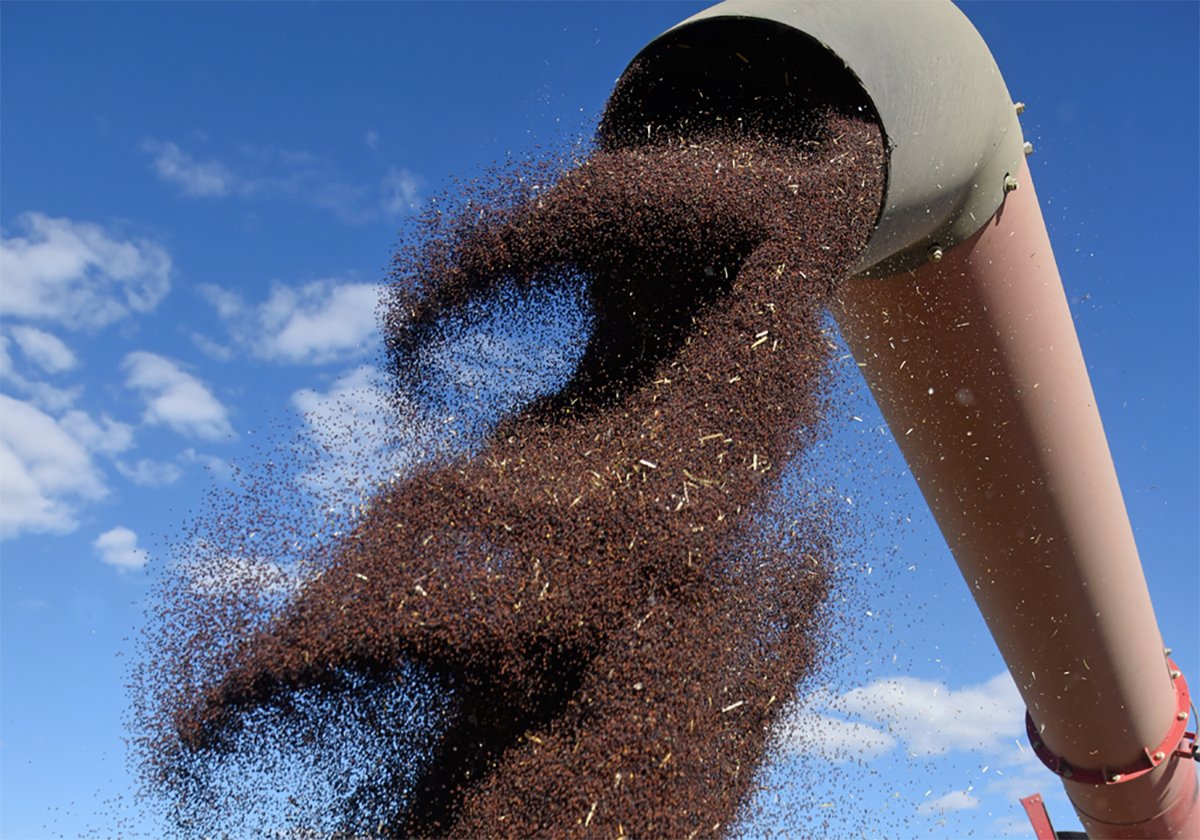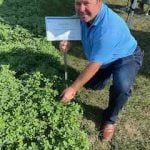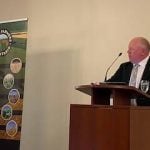Right now, 266 wheat research projects are in progress across Canada.
If that number seems high, that’s because it is.
“There are a huge number of projects underway,” said Stephen Morgan-Jones, former regional director with Agriculture Canada’s science and technology branch.
“If there were 100 underway in Canada that would be a lot.”
Morgan-Jones, who spoke at the Canadian Global Crops Symposium, held mid-April in Winnipeg, said the 266 figure is representative of what’s wrong with wheat research in Canada: too many small projects, not enough co-ordination and no overall focus.
Read Also

Ag minister says tariff situation with China is fragile, volatile
Agriculture ministers from across Canada said they heard canola producers’ concerns about tariffs but it seems unlikely they can do much about them.
“There are no real targets as to what we really want to achieve with (wheat research),” said Morgan-Jones, who now runs a consulting firm in Lethbridge called Amaethon Agricultural Solutions.
“We talk about increasing wheat yield. Do we really have any idea about where we want to get to over the next five, 10 or 15 years?”
At the Winnipeg meeting Morgan-Jones presented data on wheat research from Cereals Canada, which has assembled a database of projects across the country.
Of the 266 projects, there are:
- About 40 on discovery
- 60 on varietal development
- 70+ on pathology
- 20+ on quality
- About 60 on agronomy
The agronomy research stands out because the average price tag is similar to a high-end pickup truck.
“The average size of an agronomy project is $60,000, which is pretty damn small,” Morgan-Jones said. “I would question how much overall progress those (small) projects are going to make….
“A lot of the agronomy (research) funding, as far as I see, is done on a provincial basis. Saskatchewan work is funded in Saskatchewan. Alberta work is funded in Alberta. The provinces tend to give small grants to fairly large numbers of people.”
Producer groups and governments need to break down those provincial boundaries and fund larger, more impactful research, Morgan-Jones said.
“Resource them at a level that’s going to make a difference. That I think would be a step forward.”
Representatives of provincial wheat commissions attended the Winnipeg meeting and listened to Morgan-Jones’ criticism. A few objected to his comments, noting that commodity groups do collaborate on research funding.
“I think there’s no question the producer groups are working together through the wheat cluster and the Growing Forward2. That’s enormously positive. There are some more steps we can take,” said Cam Dahl, Cereals Canada president.
Nonetheless, does Canada need 266 wheat research projects?
“I think it’s a valid question we should be asking,” Dahl said. “There’s well over 250 projects and I’m glad he’s put the question on the table.”
The Cereals Canada database of wheat research projects is not published on its website, but that may change in the future.
“We need to have something that’s updatable and ongoing,” Dahl said. “An evergreen database that’s searchable and online.”
This isn’t the first time that Morgan-Jones has raised concerns about wheat research in Canada. Last year, he authored a White Paper on Research Innovation in Cereals for Cereals Canada.















